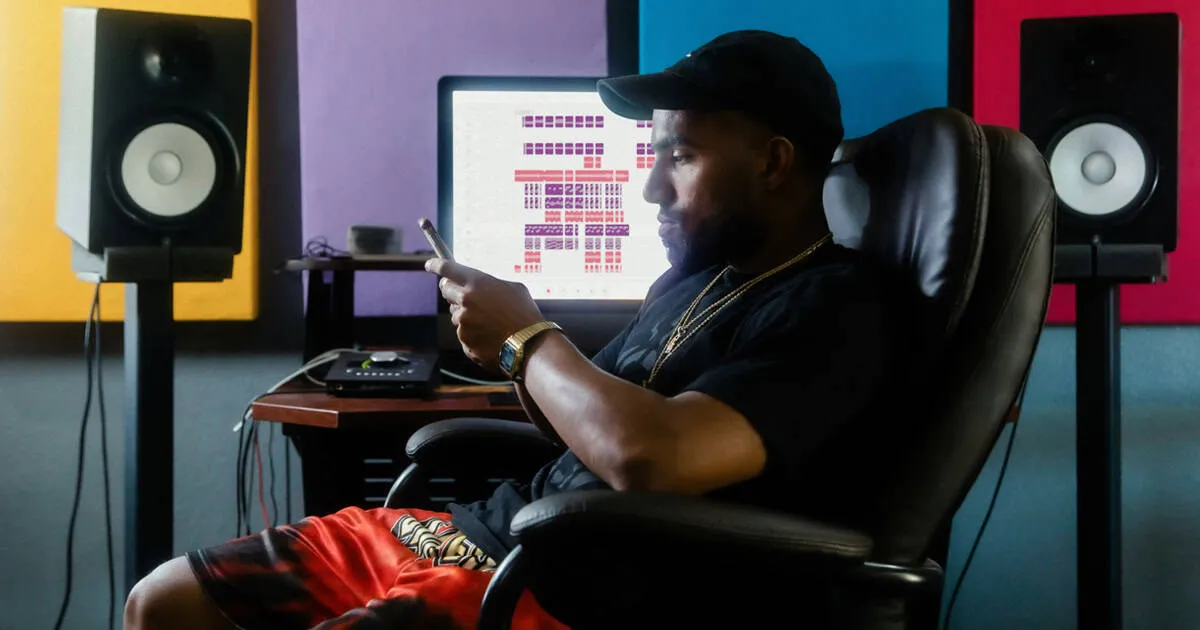By Tyler Hayes, who runs the music discovery site Nxt Big Thing.
Interestingly there’s a company that will take your old CDs, store them at their place and give you streaming access to the music. What makes this proposition so tempting is the same thing that makes it so crazy, no one wants their CD collection anymore. 20 years after the compact disc made its debut Murfie is placing a bet on people’s investment in the format, hoping the company can become the official crypt keeper of the dying format. Here are some questions I had for Murfie.
How big is Murfie and how long has the company been around?
Murfie was founded by Matt Younkle and Preston Austin in 2010 and formally launched to the public in August 2011. We currently have just over 30 employees, some part-time, and are rapidly growing.
How has your partnership with Sonos increased business and/or awareness?
Murfie’s presence on Sonos has been exceptionally valuable for the company and our customers. Sonos was Murfie’s first integration with a third-party hardware partner, and as one of the top players in the streaming media device market, they require their music service partners to perform to very high standards. Their high bar has helped make our service better, for sure – which is a big win for all of our present and future customers. Partnering with Sonos was a logical next step in our efforts to seamlessly and securely enable our users to transport and listen to their valuable CD collections from anywhere and on any device. We are now actively working with a number of other potential partners to further expand Murfie’s reach and accessibility.
Is dealing in CDs for storage or buying/selling really a long term strategy, if not how do you get away from a dying media format?
According to Neilson’s 2012 SoundScan report released last week, nearly 195 million CDs were sold in the U.S. in 2012, compared to 118 million digital album downloads. CDs are still the most popular format of music purchases across the globe. That being said, we recognize that the CD format will not live forever – just like most of us no longer own 78s, 8-tracks, DATs, or DCCs.
What’s really interesting is that there is a tremendous archive of CDs scattered throughout nearly every single American household. Numbers vary widely depending upon your source, but there are well more than 10 billion CDs extant in the U.S, and that number keeps growing. Murfie helps consumers rediscover their music collections and maximize their value, either by making their physical music more accessible in the form of streaming and downloads, or by transforming it into digital currency to expand their music collections.
Murfie does sell new CDs to our customers, but our primary business is in providing a platform for the owners of these billions of discs to exercise their rights of ownership (that is, to buy, sell, trade, and consume their media) in a modern, online context.
Ultimately, Murfie is not about the plastic music CDs themselves, but the ownership they represent. The same logic applies to other forms of flat media, like DVDs and books, which we seek to support. Long term, we see a path beyond the plastic involving new forms of licensing that convey equivalent physical ownership rights. In the meantime, we’re plenty busy as the bridge to the future for the billions of CDs already in circulation.
How many CDs do you currently have stored?
300,000 CDs presently call Murfie home.. And that’s growing fast. In fact, our operations folks seem to be constantly in a panic worrying about not having enough warehouse space – a great problem to have!
Related articles





